The Future Of The Transport Industry – IoT, Big Data, AI And Autonomous Vehicles
2 July 2021
Tremendous strides by innovators have resulted in some fascinating and intriguing enhancements to the transportation industry. In fact, in many ways, it feels like the future of the transportation industry is already here. These developments will cause transportation companies to rethink job descriptions and figure out when humans should be at the helm or when they should defer to smart machines for safety, cost savings and capabilities.
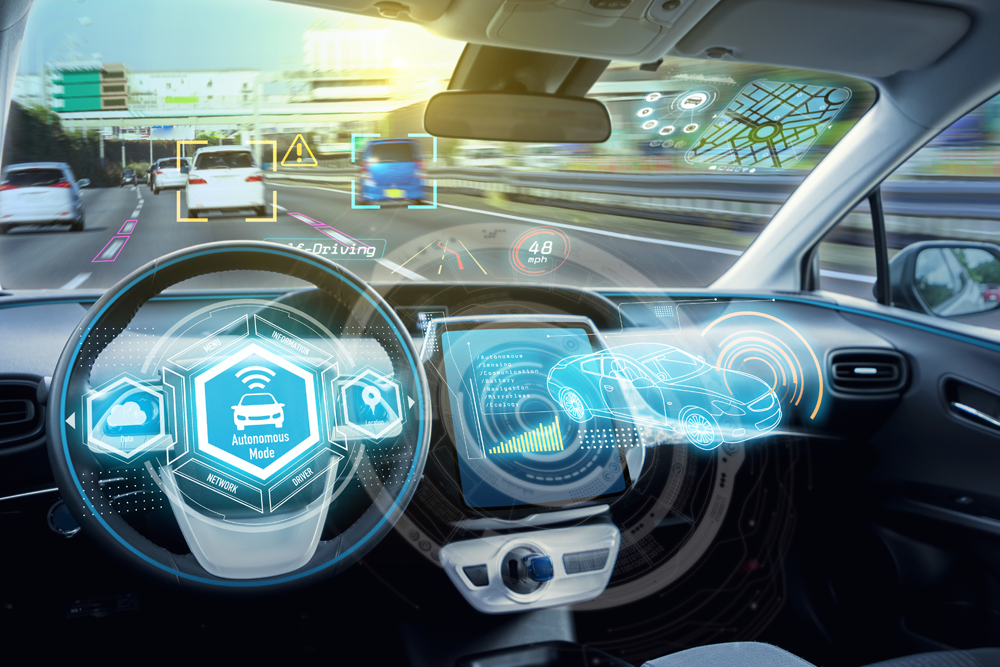
Even though we haven’t quite hit widescale adoption of some of these technologies, many have been tested and prototyped and large-scale adoption seems imminent. Here’s an overview of some of the major developments that are changing the transportation industry.
Self-driving cars
By 2020, it is expected that 10 million self-driving cars will be on the road while there will be more than 250 million smart cars—cars connected to high-tech networks—sharing the road with them. There are already self-driving features on several vehicles that are available today thanks to Tesla, Mercedes and BMW. We can send our gratitude for this innovation to machine learning and the complex system of sensors, cameras and software that helps vehicles absorb data from their environments and learn and respond to what the data is telling them. Google’s self-driving car project Waymo has already logged the equivalent of 300 years of driving experience on city streets since 2009 and promises to free up our time, lower stress, make our roadways safer and improve transportation for us all. Even Uber is testing out and investing $300 million to further develop a fleet of self-driving vehicles.
Autonomous trucks
There’s certainly reason for the 8.7 million people employed within the U.S. trucking industry to be concerned about how self-driving trucks will impact their livelihood. Daimler Trucks just launched an 18-wheel, fully autonomous truck to drive on American roadways. Although not completely driverless, it can take over under certain conditions similar to an auto-pilot on today’s planes, as well as stay at a consistent speed, keep a safe distance from other vehicles and more. Swedish start-up Einride took it a step farther with a prototype of a self-driving truck with no cab that can be completely controlled by a remote operator or drive autonomously without human intervention. Last year, Uber’s self-driving truck travelled 120 miles to make its first delivery of 50,000 beers and in the UK self-driving truck platoons are being tested to cut down carbon dioxide emissions and improve efficiency.
Aviation and other things taking flight
Dubai, in collaboration with Volocopter, recently tested a potential drone air taxi. This model was a two-seater unmanned flying vehicle and it carried Dubai Crown Prince Sheikh Hamdan bin Mohammed on a five-minute flight. The vision is to ultimately be able to call an air taxi like you would an Uber and take to the skies instead of battle traffic. Meanwhile, Amazon is changing up delivery service by piloting Prime Air, using unmanned aerial vehicles to get customers their products in 30 minutes or less. Amazon was also granted a patent to develop a drone that can connect to an electric car in motion to recharge it.
Remote-controlled cargo ships
Rolls-Royce is taking to the high seas and revealed plans to develop cargo ships that can transport goods without needing humans on board. Multiple ships would be controlled by a land-based control hub; since there would be no crew on board, these would be cheaper to operate and have more room for cargo than today’s ships. They predict we will see a “remote-controlled ship in commercial use by the end of the decade.”
Machine learning leads to optimisation
Whether it’s a train, plane or automobile, all of our connected devices yield tremendous amounts of data that we can use to improve safety and efficiencies throughout our transportation system. From tracking traffic and optimising delivery routes, to payment processing and insurance premiums based on real-time data, data is the fuel that will power tremendous insights to enhance our transportation system. And what if you could prevent costly downtime with your fleet? That’s the goal of predictive maintenance analytics solutions from several companies that use computers to identify issues before trouble ever rears its head and is one of the main drivers for the industrial internet of things.
Times are certainly changing when it comes to the world of transportation. Powered by big data, artificial intelligence and the internet of things, our transportation system is poised to become safer, more efficient and smarter.
Related Articles
8 AI Ethics Trends That Will Redefine Trust And Accountability In 2026
By now, “smart” versions exist of just about every home appliance, gadget and gizmos we can think of. However, manufacturers continue[...]
The 7 Banking And Fintech Trends That Will Define 2026
By now, “smart” versions exist of just about every home appliance, gadget and gizmos we can think of. However, manufacturers continue[...]
The 8 Biggest Healthcare Technology Trends To Watch In 2026
By now, “smart” versions exist of just about every home appliance, gadget and gizmos we can think of. However, manufacturers continue[...]
Why The AI Supercycle Will Fail Without Advanced Networks
By now, “smart” versions exist of just about every home appliance, gadget and gizmos we can think of. However, manufacturers continue[...]
The Two-Tier AI Economy: Why Half Of Companies Are Being Left Behind And How To Close The Gap
By now, “smart” versions exist of just about every home appliance, gadget and gizmos we can think of. However, manufacturers continue[...]
5 AI-Era Skills Mistakes That Will Cost Your Business Millions In 2026
By now, “smart” versions exist of just about every home appliance, gadget and gizmos we can think of. However, manufacturers continue[...]
Sign up to Stay in Touch!
Bernard Marr is a world-renowned futurist, influencer and thought leader in the fields of business and technology, with a passion for using technology for the good of humanity.
He is a best-selling author of over 20 books, writes a regular column for Forbes and advises and coaches many of the world’s best-known organisations.
He has a combined following of 4 million people across his social media channels and newsletters and was ranked by LinkedIn as one of the top 5 business influencers in the world.
Bernard’s latest book is ‘Generative AI in Practice’.




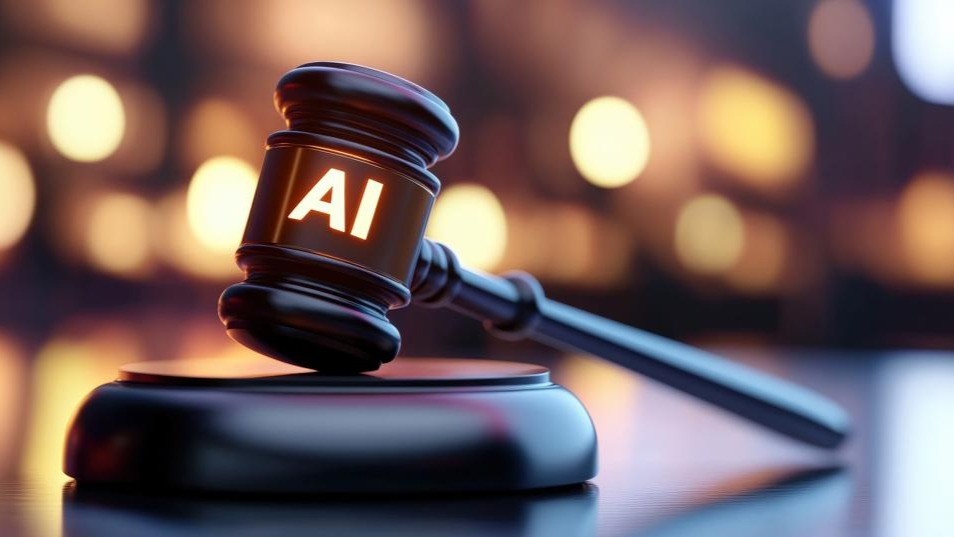
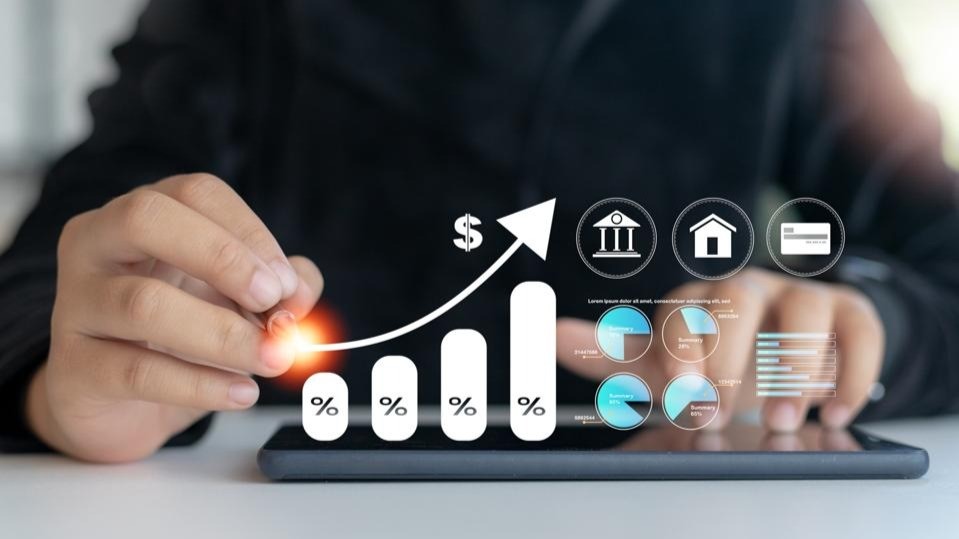
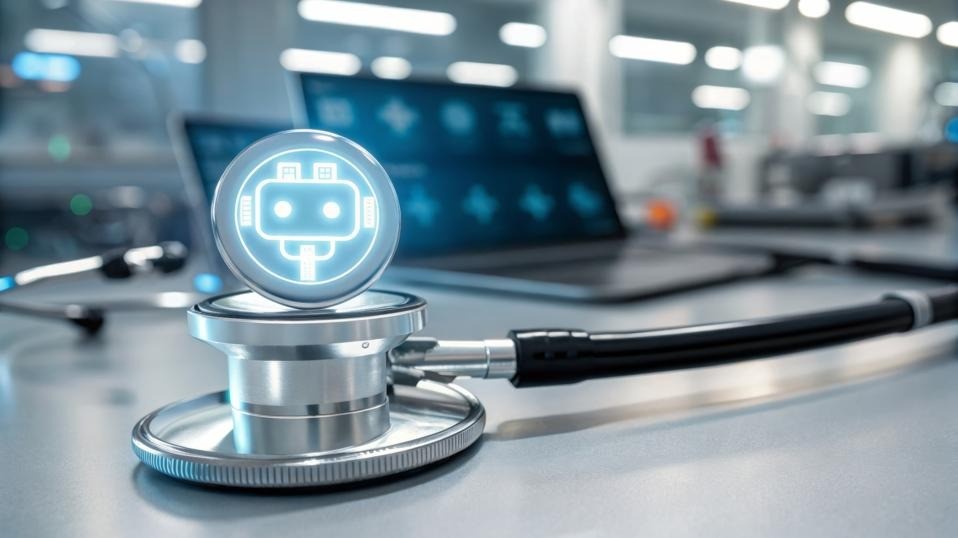
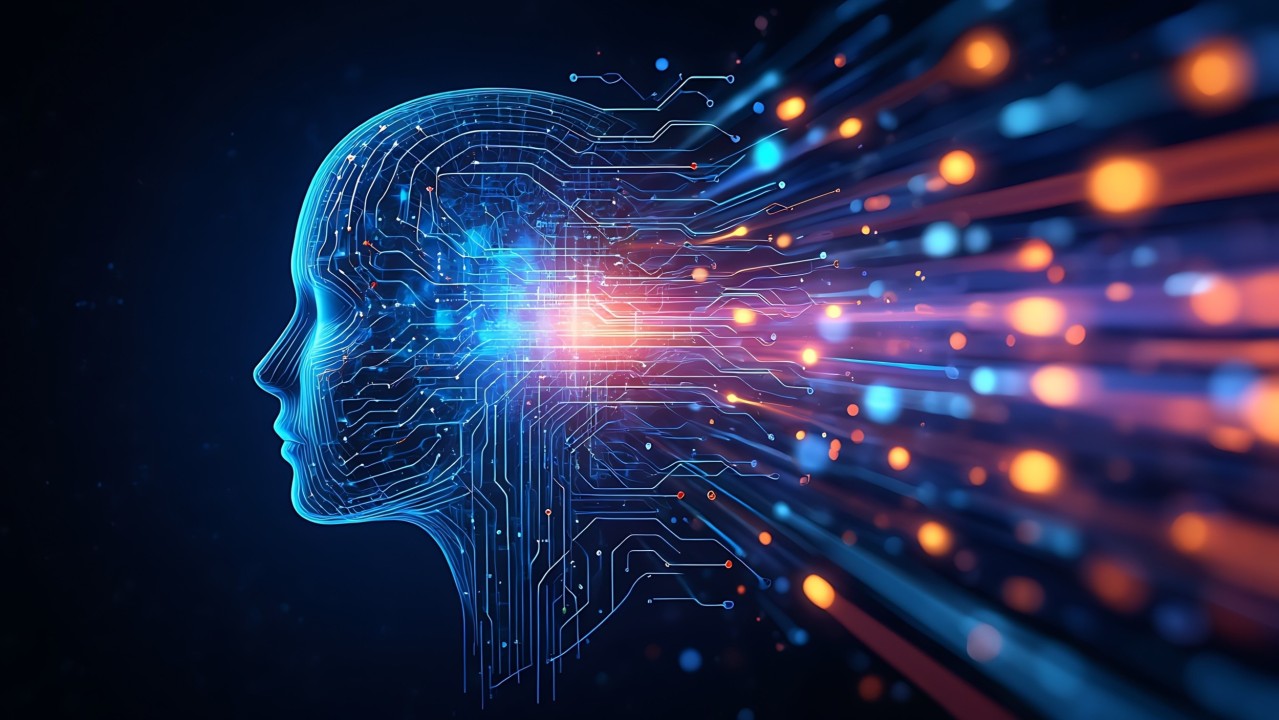


Social Media